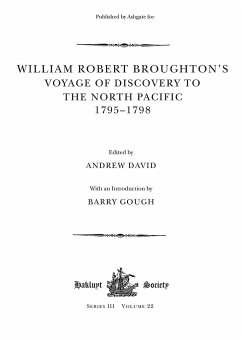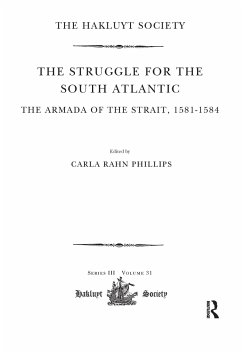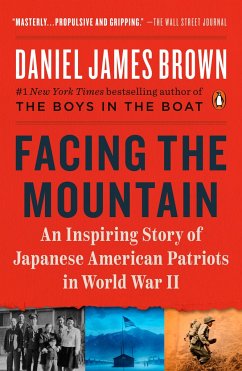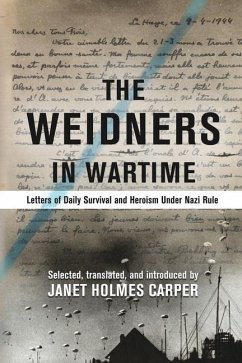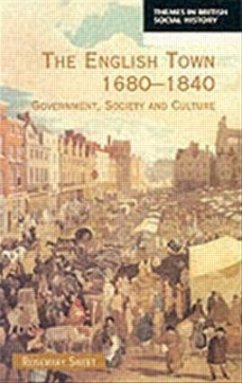
Explaining Auschwitz and Hiroshima
Historians and the Second World War, 1945-1990
Versandkostenfrei!
Versandfertig in über 4 Wochen
52,99 €
inkl. MwSt.
Weitere Ausgaben:

PAYBACK Punkte
26 °P sammeln!
Explores the way in which the main combatant societies of the Second World War have historicised that experience. Bosworth argues that the traumatic history of the war has remained crucial to the politics of post-war societies.






